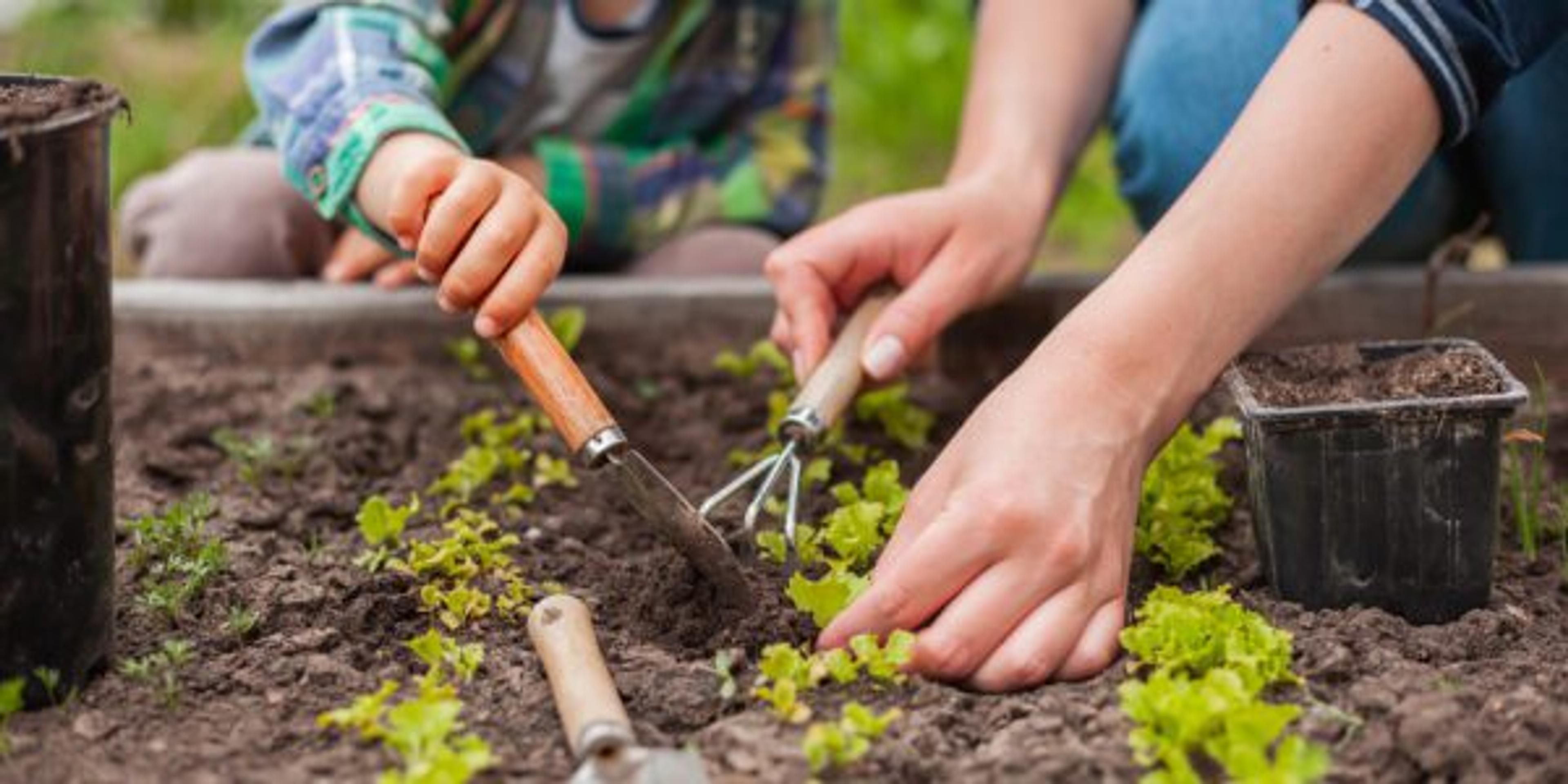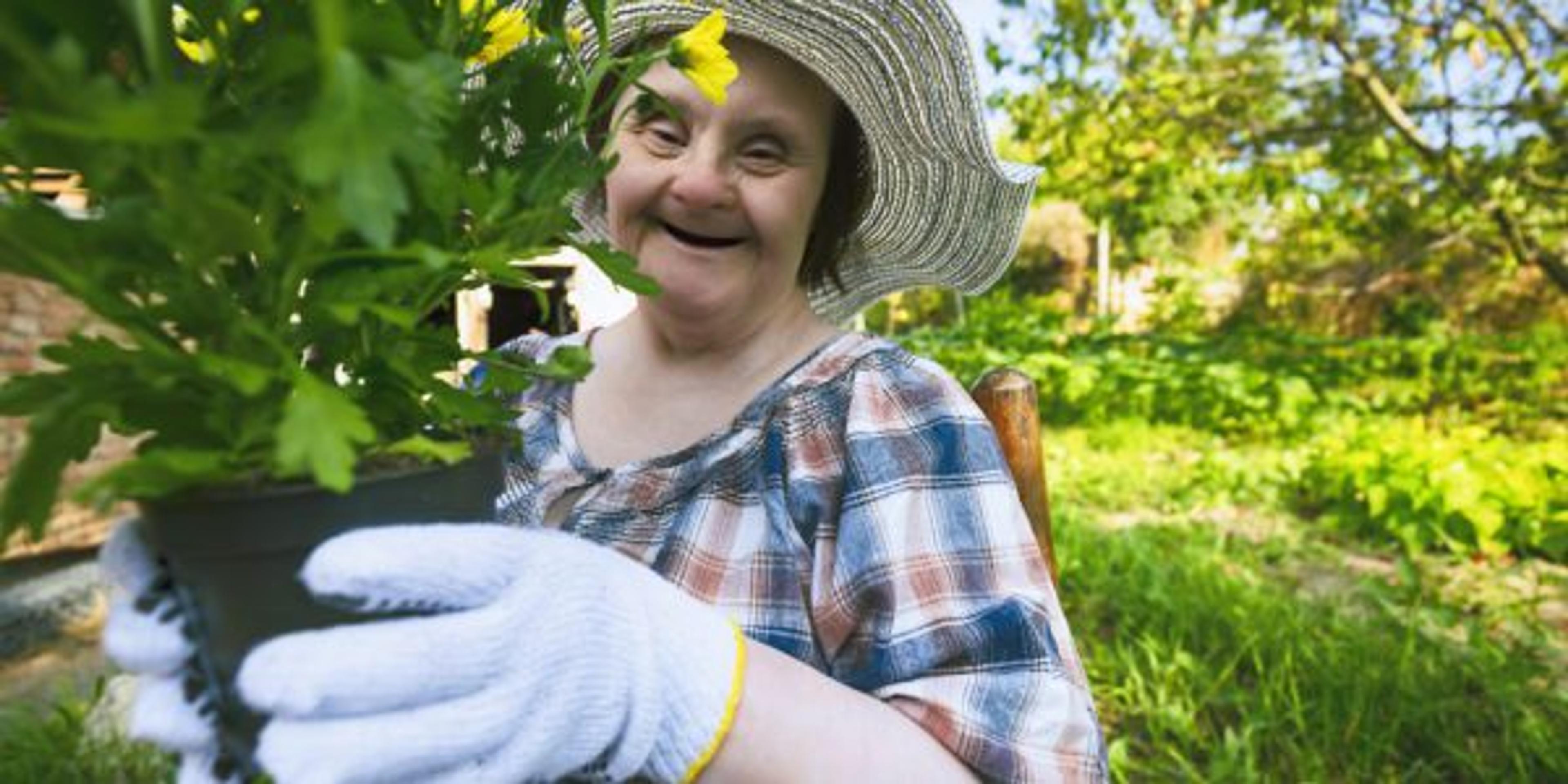Houseplants: Nature’s Air Purifiers

Mike Miller
| 2 min read

Houseplants are often chosen for their decorative nature, but research has shown that houseplants offer many benefits to our health.
A brief science lesson: plants absorb the carbon dioxide (CO2) we exhale and give off breathable oxygen (O2) through photosynthesis. They also filter out other harmful chemicals floating in the air.
These pollutants that we’re bombarded with daily include smoke, natural gas, pesticides, perfumes, mold, dust and bacteria. It was NASA that discovered that many houseplants filter out toxins like ammonia, formaldehyde and benzene that commonly make up these pollutants.
The resulting fresh air has several benefits:
- Fresh air makes us more alert. Excess levels of carbon dioxide can make us drowsy. Having plants around can reduce these levels.
- Musty, stale air can contribute to headaches (as can excess CO2). Clean, crisp oxygen given off by plants keeps the air supply refreshed.
- The extra oxygen in the air helps us sleep better.
Plants also give off water and help increase the humidity in the air. This is great for dry skin, coughs, sore throat and the common cold.
Additionally, houseplants have been shown to reduce stress by cultivating a feeling of well-being that keeps us calm and gives us a sense of optimism. Research has also shown that patients recover more quickly when there is a plant in their room and have lower instances of anxiety and fatigue as well as lower heart rate and lower blood pressure.
Recommendations vary on the number of plants, but a good rule of thumb is one 10-12 inch potted plant per 100 square feet of space.
There are several hearty, easy to care for plants that will do the trick. Aloe, Spider plants, Gerber Daisies, Snake plants, Chrysanthemums, Peace Lilies, Dracaenas, and Golden Pathos all work to freshen up our air space. There are many, many more too. Some do have unique requirements or may be unsafe for pets and small children, so consult a gardening professional when in doubt.
If you liked this post, check these out:
Photo credit: Cat Lane





